Aging and Its Effects on Memory

Aging and Its Effects on Memory
Did you know that keeping the brain active with exercises and simple functions can contribute to healthy cognitive function as you age? Yep! The brain is a pretty neat component of the human body. In fact, as noted in this scholarly article on Age-Related Memory Loss, “The brain is capable of producing new brain cells at any age, so significant memory loss is not an inevitable result of aging. But just as it is with muscle strength, you have to use it or lose it. Your lifestyle, health habits, and daily activities have a huge impact on the health of your brain.” What does this mean? Similar to the mantra that physical activity can keep your joints and body functioning optimally, consistent stimulation of the brain can aid in maintaining strong cognitive function and memory as the body ages. In this article, we will outline both normal and more concerning symptoms of memory loss with aging.
While some severe symptoms of memory loss that affect daily life can be indicative of a more serious illness like Alzheimer’s or dementia, certain lapses in cognitive function are normal with the aging process.

Symptoms a person may experience that are relatively harmless and a normal part of the aging process, include things like occasionally forgetting a person’s name or where you placed an item or perhaps temporary inability to complete a thought (ie. “I forgot what I was going to say”).
While the aforementioned are considered normal symptoms of memory-loss with aging, there are some symptoms that are indicative of a more serious problem. Forgetfulness that affects everyday life, such as forgetting how to perform normal daily functions, forgetting familiar people, places, and routines, and becoming disoriented or unable to follow directions could be signs of a more serious issue, such as dementia.
What can I do to keep my brain active and healthy as I age?
- STIMULATION: Keeping the brain active with exercises such as crossword puzzles, Soduku puzzles, and other activities that exercise memory and brain activity. This includes continuously learning and absorbing new tasks, skills, and information as we grow older.
- PHYSICAL EXERCISE: As with most health-related topics, physical exercise can help send blood to and from the brain, helping the body form new neurons. According to the American Academy of Neurology, “New research indicates that walking six to nine miles every week can prevent brain shrinkage and memory loss.”
- A HEALTHY DIET: It’s no secret that the quality of what we put in and on our bodies is often directly correlated with how it functions. Teachers in grade school didn’t preach about eating a healthy breakfast before standardized testing for nothing! Foods dense in vitamins and nutrients feed our cells and help them flourish and function properly.
- HORMONE THERAPY AFTER MENOPAUSE: A recent study published in the Journal of Clinical Endocrinology and Metabolism found that “Estrogen treatment after menopause protects the memory that is needed for short-term cognitive tasks from the effects of stress.” Stress can be a direct contributor to the impairment of working memory; however, the study found “that women taking estrogen-only therapy had lower levels of the stress hormone cortisol and performed better on tests of “working memory” following exposure to stress compared to women taking a placebo.”
If you feel you are experiencing signs and symptoms of memory loss, you should consult with your doctor or medical provider. If you’d like more information on aging, cognitive function, or hormone therapy, we’d be happy to discuss options with you during a consult! Call us at (225)960-1580 to schedule a consult and take proactive steps during the aging process.
REFERENCES:
The post Aging and Its Effects on Memory first appeared on Rejuvime Medical.
Get in Touch
Questions? Contact us today by phone or book an appointment online.
Questions? Call our office:
(225) 228-3128





